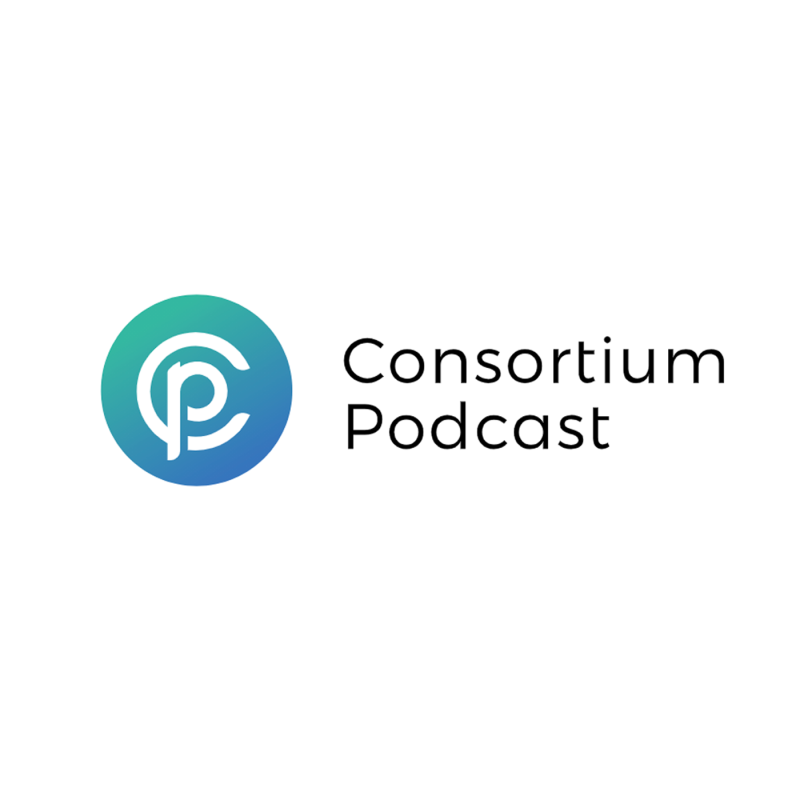
Classical Christian Education: A Light for the Coming Dark Age
January 13th, 2021
In a recent WSJ opinion article, Meghan Cox Gurdon highlights what she observes as a “sustained effort” to “deny children access to literature,” “especially those in which ‘racism, sexism, ableism, anti-Semitism, and other forms of hate are the norm.’” Perhaps, at first glance, one might agree this is a good thing. After all, good parents are careful about what they put in front of their children’s eyes, right?
Of course, thoughtful parents will use wisdom when, how, and at what ages they will introduce various concepts and ideas to their children. But what Gurdon is observing is something very different than wisdom—or even overly-protective parenting.
She is observing just one realm of post-modern activism that seeks to censor books that do not affirm their group ideology. For example, one such activist, YA novelist, Padma Venkatraman, believes no author in the western tradition is valuable enough to spare. She asserts that, “Absolving Shakespeare of responsibility by mentioning that he lived at a time when hate-ridden sentiments prevailed, risks sending a subliminal message that academic excellence outweighs hateful rhetoric.”
Another such teacher “complained that many classics were written more than 70 years ago,” and argued thus: “think of US society before then and the values that shaped this nation afterwards. THAT is what is in those books.” If Homer, Hawthorne, and Shakespeare are this dangerous to the post-modern agenda for education, then it is no wonder why the Bible remains a taboo in most public schools.
At the risk of sounding like an alarmist, Gurdon is correct to observe that within these “antiracist” identity groups, “The subtle complexities of literature are being reduced to the crude clanking of ‘intersectional’ power struggles.”
I would further opine that with this kind of biased censorship on classic literature—and now more recently on our social media—growing and spreading faster than COVID-19, we are on the precipice of another dark age, one potentially darker and more ominous than those four hundred years or so between the fall of Rome and the European cultural reformations of Charlemagne and Alcuin.
It’s not a stretch to say the the dystopian worlds of Orwell and Huxley are now upon us.
In short, the post-modernists are making a sustained effort to not only rewrite history but eliminate it altogether. This is the only way forward for those who believe truth is relative and that an existential view of the world means we must create our own reality. The pundits of this ilk continue to argue that since human beings have been randomly thrown into being, it is up to each one of us to make our own reality. We have to create our own identity if we are to avoid the nausea of nihilism.
But to realize such a reality, the traditions that have enslaved human beings, traditions like Christianity, need to be torn down, and to do this one needs to acquire power. Power is acquired through identity groups, who in turn are themselves torn down when the next identity group gains enough power. Without being checked, the revolution continues ad nauseum.
There is a light for this dark age. The light of the gospel, which cannot be extinguished. And the best vehicle for advancing this light is education, specifically classical Christian education.
Classical Christian education is the light for the coming dark age because it leads with the gospel of Jesus Christ to engage the perennial human questions of all ages. Believing that Christ is over culture, the classical Christian imagination views those “truths” attained to by the virtuous Pagans as not all in competition with the Truth, but more like a path leading upward into the fullness of Truth as revealed in Christ (John 1:1 cf. Acts 17:22-31).
In the second place, classical Christian education is the best vehicle for advancing the gospel light in a dark age because it allows students to contemplate and evaluate the various competing worldviews about the big ideas of life (e.g., virtue, justice, goodness, truth, beauty, etc.) within the contexts of their genesis and on through to their end. In other words, it allows students, under the guidance of a tutor, to conceptualize the myriad ways in which the evangelium really is good news over against the ideas that create a world that is dark and hopeless.
Finally, classical Christian education cultivates human flourishing by providing a lens by which students can “know thyself.” And by this I mean, one cannot truly know oneself without first knowing God. As St. Augustine declared in Confessions, “You have made us for yourself, O Lord, and our heart is restless until it rests in you.” By ascertaining a liberal arts education, students cultivate a knowledge of God, themselves, and then from that perspective, a knowledge of the cosmos and their place in it. Rooted in the tradition of the seven liberal arts of the trivium and quadrivium, students develop that robust worldview possessed of a free man who understands the gospel as applied to the human condition in the context of an ordered cosmos.
To learn more, check out our first episode on the Consortium Podcast. Classical Christian Education: A Light for the Coming Dark Age